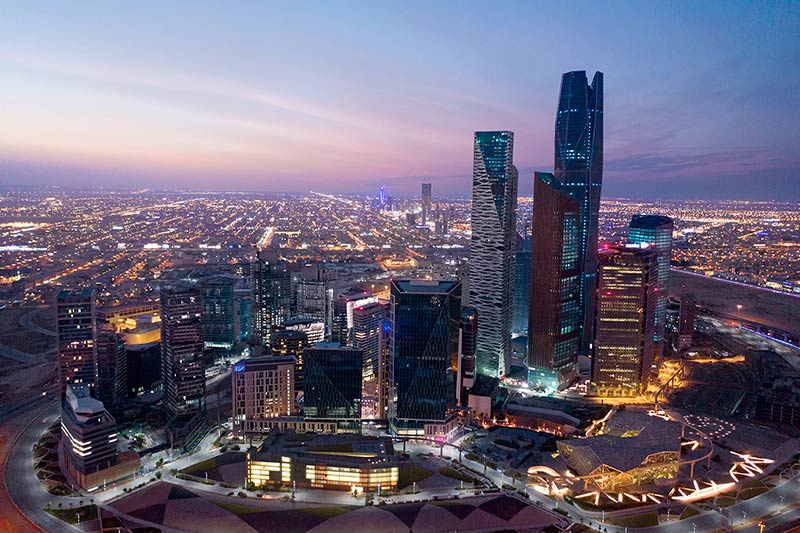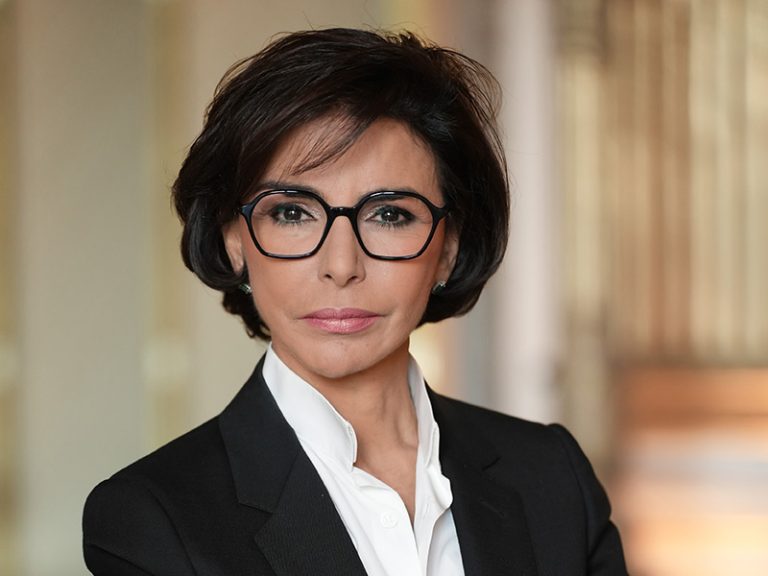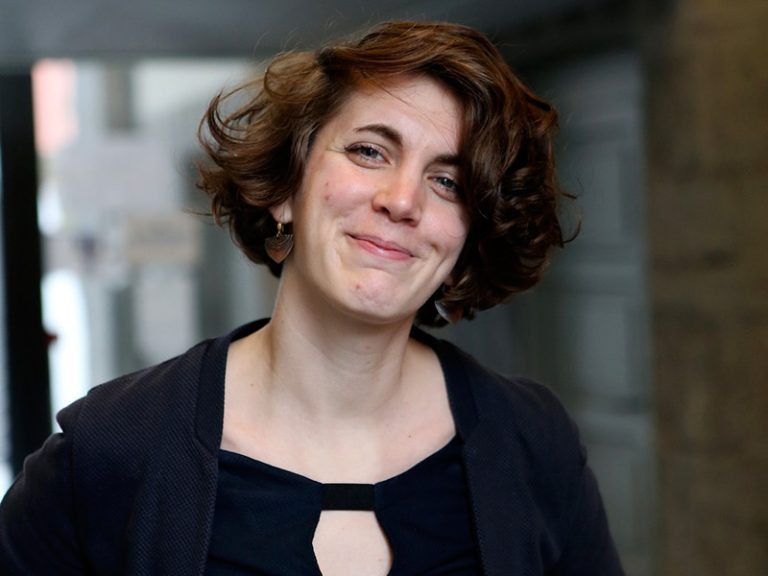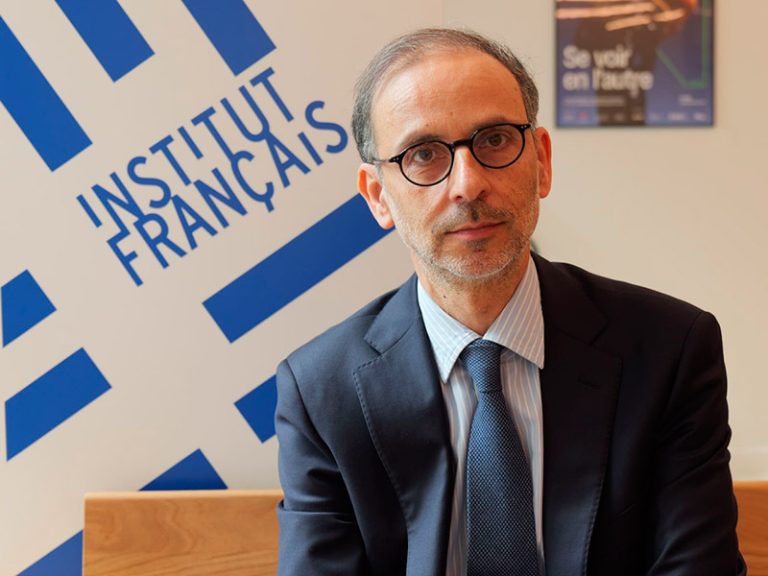After the Asian Winter Games in 2029 and the Football World Cup in 2034, Saudi Arabia has a third major showcase for its softpower. A single round of voting was enough for the Saudi capital to collect two thirds of the 165 votes required from member states, gathered by the International Exhibition Bureau (BIE) at the Issy-les-Moulineaux convention center on Tuesday 28 november. With 119 votes against 29 for Busan (South Korea) and 19 for Rome, the victory is indisputable.
The World Expo will therefore be held from October 1, 2030 to March 31, 2031 under the theme of “The Age of Change: Together for a Bright Future” and is expected to attract around 40 million visitors, half of whom will be foreigners.
The Saudi Minister of Foreign Affairs, Faisal bin Farhan Al Saud, expressed his pride in this result which according to him reflects “the confidence of the international community in what we have to offer”. Although Saudi Arabia’s budget for this event is not the largest (8 billion euros), compared to Rome (10 billion euros), it has managed to seduce many African countries by promising them nearly 25 billion dollars in aid before 2030, while South Korea only offered 520 million.
The world’s leading oil exporter, the Wahhabi Kingdom seeks to diversify its economy and reduce its dependence on hydrocarbons. The country has invested 800 billion dollars (730 billion euros) in the tourism sector. However, the Saudi candidacy, which boasts “the first carbon negative exposure”, was the most controversial. A week before the vote, fifteen human rights NGOs had called on BIE members to “don’t vote” for Riyadh, denouncing a “terrible” assessment in this area. Some experts have also pointed the finger at “greenwashing” [écoblanchiment] of the country, which seeks to give itself an image of ecological leader, while it remains one of the main culprits of global warming.
The other candidates vying for the 2030 Universal Exhibition also expressed their disappointment. Ambassador Giampiero Massolo, president of the Rome 2030 Promoting Committee, reacted strongly by criticizing “the mercantile and transactional approach” who, according to him, presided over the vote. With its theme “People and Territories: Regeneration, Inclusion and Innovation”, the Italian candidacy intended to “bring history and the future together” in Rome, where the “largest urban solar park in the world” would be built for the occasion. South Korea, for its part, promoted a “harmony of nature, humanity, technology”, built on a former industrial port in Busan. The chosen theme was “Transforming our world, Navigating towards a better future”.
Universal exhibitions take place every five years and generally last six months. The latest, Expo 2020 Dubai, took place from October 1, 2021 to March 31, 2022, in the United Arab Emirates, on the theme “Connecting Minds, Building the Future” and welcomed more than 24 million visits . The next World Expo will take place in Osaka, Japan, in 2025, with the theme “Designing the society of the future, imagine our life tomorrow”. France, a candidate for Expo 2025, withdrew its candidacy in 2018, citing a financial risk.







